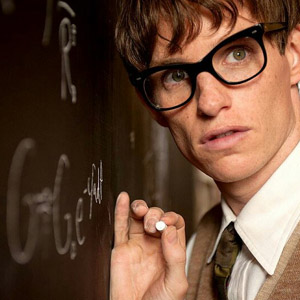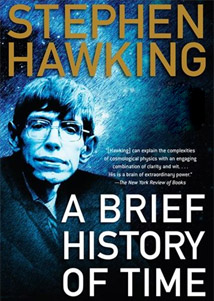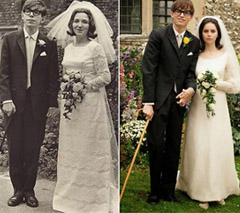Plot
The movie follows the life of Hawking as a PhD candidate in Physics at the Cambridge University in 1963 and the start of his romance with medieval Spanish poetry student Jane Wilde, through to middle-age. While Stephen is clearly incredibly skilled at mathematics and physics, he is not an exceptional student, taking some time to decide to write his thesis on the theory that black holes may have been part of the creation of the universe.
At the age of 21, during research for his thesis, Stephen experiences the first signs of what is later told is MND, an incurable progressive disease that affects all his voluntary motor functions, which he is told will leave him unable to talk, swallow, breathe, or move most of his body, whilst leaving is brain unaffected, but “locked-in”. His life expectancy is given as two years. The diagnosis leaves Stephen living a reclusive lifestyle, focusing on his work in what would become a pursuit of that single equation that would explain the elusive "Theory of Everything". Loyal Jane confesses her love for him, telling Stephen's father she intends to stay with Stephen even as the MND progresses. They marry and have a son.
As his disease progresses, Hawking begins using a wheelchair. A daughter is born after which, Stephen’s theory about the visibility of black holes sees him become known the world over. This increased fame, together with a need to care for both her husband and her children leaves Jane unable to do this alone nor does she want solely to be known as Stephen's caregiver without a life or identity of her own or the chance to complete her own thesis.
Jane's mother advises her to join the church choir, There, she meets Jonathan, a widower, who becomes her son’s piano teacher and assists the entire family, aiding Stephen as he learns to live with his illness, supporting Jane and spending time having fun with their children.





